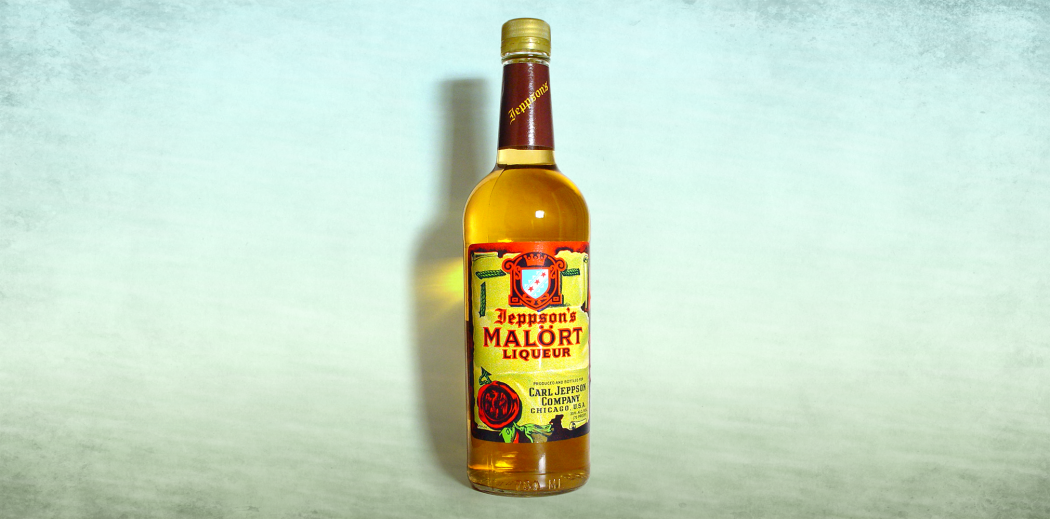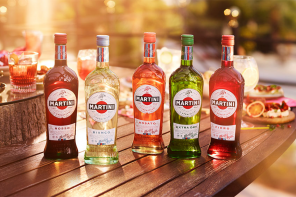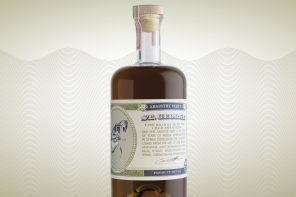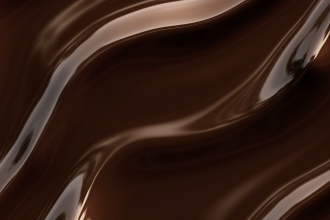We all have our alcohol beverage of choice, whether it’s a craft beer, glass of wine or something stronger. Or perhaps we’re in the mood for something citrusy, served on the rocks or from a can that we bought at the corner store (alcoholic or not). Even if we choose to drink something that doesn’t attest to the greatest of flavor, we can all agree that a liqueur well known for it’s excruciatingly bitter taste won’t be what we first pour in our glass.
Malört, originally produced in Chicago by a brand called Jeppson’s, is a yellow-colored liqueur based on a recipe similar to Scandinavian aquavit and well known for its lasting impression of incredible bitterness. Tasting descriptions have included, “like your mouth getting washed out with soap,” “rubbing alcohol” and “a tea bag soaked in moonshine,” – descriptions straight from the mouths of some of New York City’s highly regarded sommeliers.
While these aggressive tasting notes might be spot on, the liqueur is actually wormwood-flavored schnapps (Malört means wormwood in Swedish), which is also known as bäsk brännvin in Swedish. Wormwood is a bitter herb with the ability to kill stomach worms and parasites. So, if the description behind the medicinal property isn’t enough to denounce the astringent flavor, then let a sip set you straight on your way.
Malört made its way into the states when a Swedish man named Carl Jeppson immigrated to Chicago in 1880 and sold bottles of his personal wormwood schnapps to bars in the city. His Malört even lasted through prohibition because it was claimed to be medicinal.
If you’ve heard of wormwood in alcohol then you’ve most likely heard of absinthe – a type of liquor with supposed psychedelic inducing properties from the herb; however, Malört doesn’t have the same ability because the chemical thujone (that apparently causes the mind altering effects) isn’t strong enough.
If you find yourself at the local pub in Chicago, then give the city’s signature, bitter beverage a try in the form of a shot or mixed into a cocktail in place of amaro. Just be prepared for notes of “burning garbage and Ricola.”









No thank you.